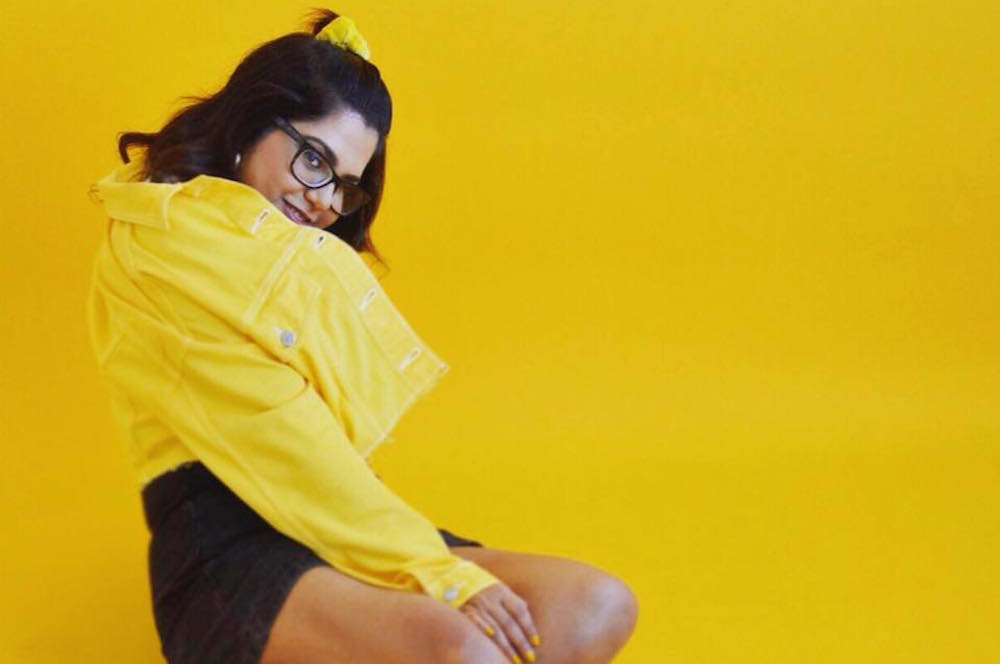Does the Amazon Prime series “Four More Shots Please” ring a bell for anyone? A production is just important as its music score! (I know you’re singing the intro in you’re head too!) Keep reading below to meet Natania Lalwani, a singer/songwriter featured on the “Four More Shots Please” soundtrack, who went from Mumbai to Los Angeles.
Tell us a little bit about yourself!
I’m Natania, an artist and songwriter from Mumbai based in Los Angeles. I write and sing about my feelings (I have a lot of them haha).
When did you start singing, how and why?
I’ve been singing for as long as I can remember but I think the important shift was when I wrote my first song on guitar at 15, that’s when I really wanted to sing and make my passion a career!
How did you navigate pursuing music and making a living?
I think the key to making it a living is a constant flow of content and dipping your feet into different areas! There’s never been a plan B for me, it’s always been tunnel vision so I knew i had to find ways to make a living through what I love to do.
What was your support network like?
I’m so lucky to say that I’ve had the best support system. Firstly my parents are my biggest cheerleaders but it’s also so great having like minded people and good friends in LA being so supportive while doing the same thing, we cheer one another on and pick each other up when there’s a low, it’s great having soundboards that are going through the similar situations.
https://www.instagram.com/p/BqagcvMhXvJ/
What is your go-to karaoke song?
‘I Will Survive’ by Gloria Gaynor
Do you ever get stage fright?
Always right before! But I think it’s good to be a little nervous, it gives you that extra shot of adrenaline.
At a time when South Asian presence in music is growing, do you feel you have support from your community?
100%. It’s so incredible watching South Asians being so present not only in music but in so many creative fields. I’ve been discovering so many new SA artists through Instagram recently and it’s amazing to be a part of a community that’s so full of love like you guys!
We love you too! What new music or future projects do you have out?
I’ve had a lot of stuff come out in the last few months that I’m so excited about! I worked on music for the Amazon Show ‘Four More Shots Please’ that recently released, the official song for the Spotify India Launch as well as my single ‘Kissing Mouths’ with Not Famous. I have a collaboration with Deep Chills coming out at the end of the month and then lots of more new music is coming that I can’t wait to share!





